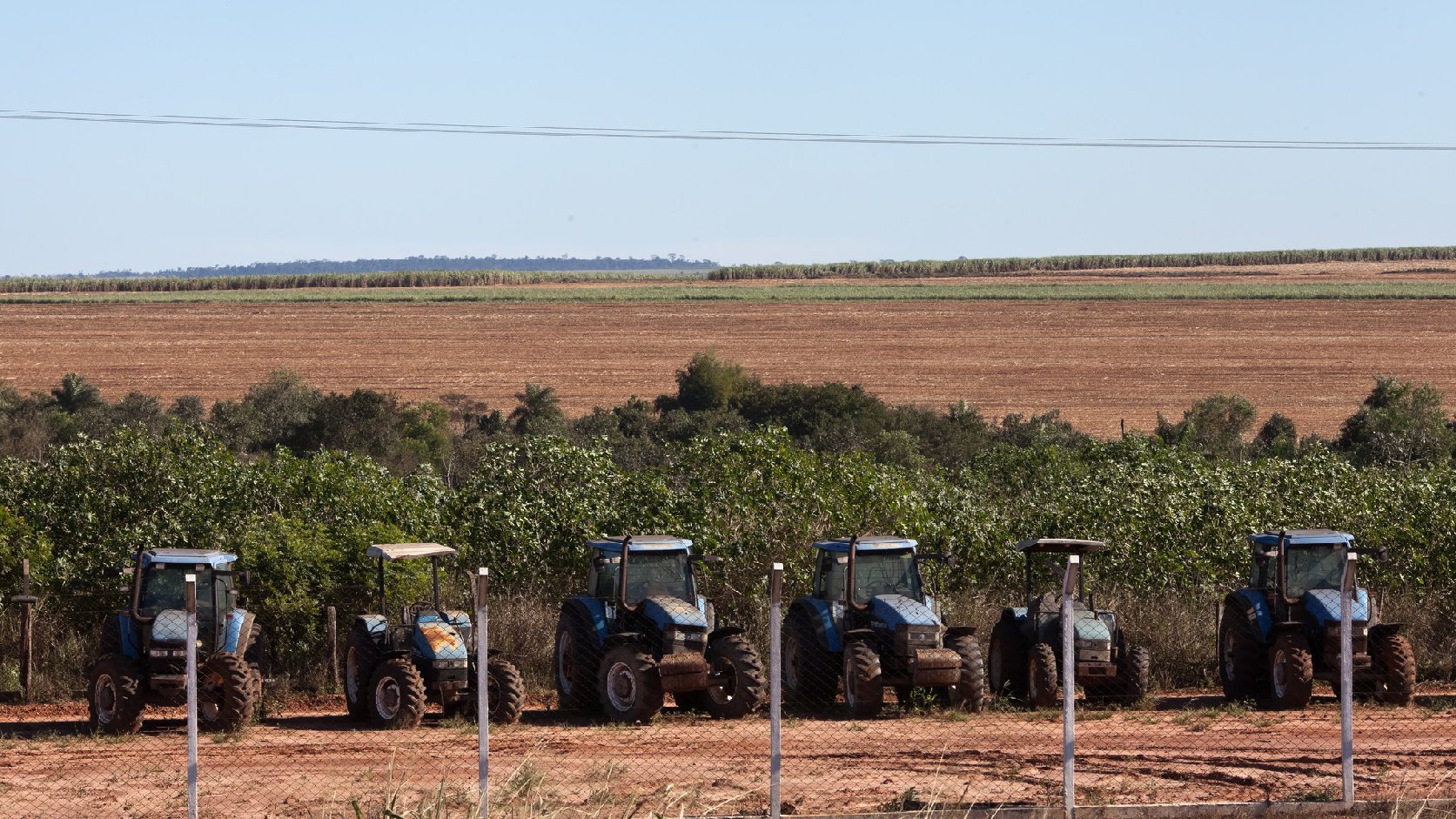
Post by Dan Charles, The Salt at NPR Food (11/23/13)
The anti-poverty group Oxfam is asking Pepsi's shareholders to approve a resolution that, if passed, would force the company to disclose its sugar suppliers and investigate whether those suppliers are implicated in "land grabs" that unfairly take land from the poor.
Pepsi's arch-rival has already announced its own anti-land grab initiative. Earlier this month, Coca-Cola announced a new initiative "to use our influence to help protect the land rights of local communities." The company revealed its top three sugar suppliers and promised to launch an independent review of its operations in Brazil, Colombia, Guatemala, India, Philippines, Thailand and South Africa.
It's a major success for a campaign that Oxfam launched earlier this year called "Behind the Brands." The campaign attempts to embarrass, cajole and threaten the world's biggest food companies into protecting the environment and treating workers or local communities more fairly.
Oxfam has taken particular aim at the sugar industry, with a report on land disputes involving large-scale sugar producers in Brazil and Cambodia. In these cases, impoverished local communities blame large sugar producers for forcing them from their traditional lands.